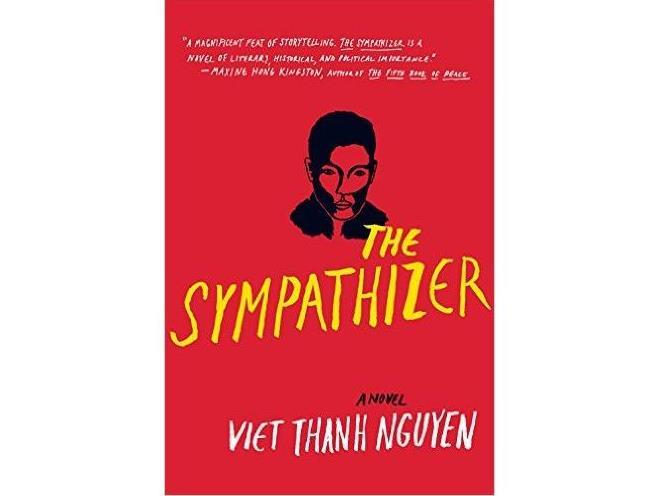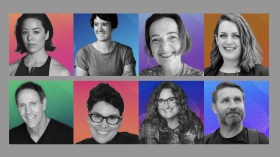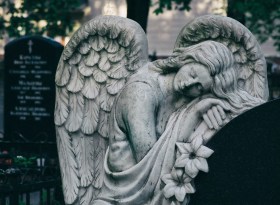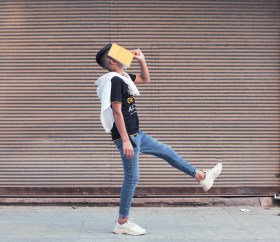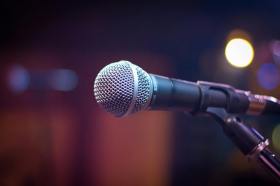The Sympathizer opens in the midst of turmoil and confusion with people rushing to leave Saigon as the city falls to the North Vietnamese communists in 1975. The narrator, who is chosen to assign the seats on the last plane out of the city, is a South Vietnamese captain, half Vietnamese and half French, working as aide-de-camp for ‘the general’ the chief of South Vietnam’s army, but also an undercover agent working for the North Vietnamese communists.
In the first sentence the narrator writes of himself, ‘I am a spy, a sleeper, a spook, a man of two faces. Perhaps not surprisingly, I am also a man of two minds.’
With his two best childhood friends choosing opposing sides in the war, the book follows the pushes and pulls of the narrator’s opposing loyalties. A compelling spy story, a black comedy, a war story, The Sympathizer is also a piercing, revealing look at America, and American attitudes to Asia and Asians.
This is the first novel from Vietnamese-American, Viet Thanh Nguyen, an Associate Professor for English and American Studies at the University of South California. His only previous book was non-fiction. Published by Oxford University Press in 2002, it was entitled, Race and Resistance: Literature and Politics in Asian America. He has also written a study of the Vietnam war and how it has been remembered by different countries and people from the US to Vietnam, Cambodia and Laos, entitled Nothing Ever Dies: Vietnam and the Memory of War which is forthcoming from Harvard University Press in March 2016.
The Sympathizer emerges out of this research and is informed, disturbing and also, strangely enough, laugh out loud funny. It is almost impossible to believe that this masterful piece of writing is a debut novel. Published in 2015, The Sympathizer has already received numerous awards and prizes including the 2016 Andrew Carnegie Medal for Excellence in Fiction, The Center for Fiction First Novel Prize, and The 2015-2016 Asian/Pacific American Award for Literature (Adult Fiction)
If you like your comedy highly informed, wry, disturbing, profound, and very, very black this book is for you. Highly recommended.
Rating: 5 stars out of 5
The Sympathizer
by Viet Thanh Nguyen
Published by Allen and Unwin

